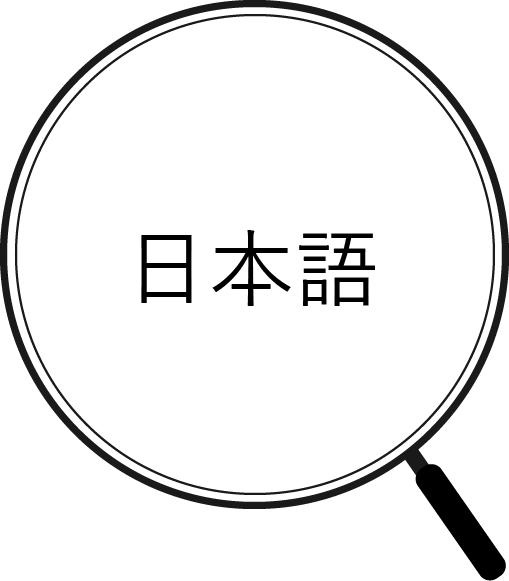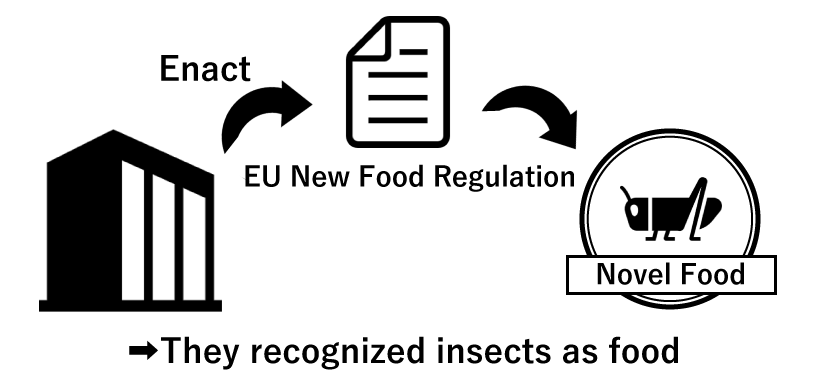


Insect-Eating and Our Life
Insects are attracting more and more attention for their use in food due to their rich nutrients and low environmental impact. In this context, the number of companies engaged in the insect-eating business is increasing worldwide. The following is an explanation of the current situation.Approval Is Moving Forward in Europe
In Europe, there are active efforts to promote edible insects. In 2015, an academic journal was established in the Netherlands dedicated to entomophagy, and in 2018, European Union (EU) enacted the EU New Food Regulation, which defines insects as "Novel Food," referring to foods and ingredients that were rarely consumed in Europe before May 15, 1997, when the regulation was first introduced. This means that insects can now be sold as food, provided they pass a sanitary inspection. In Europe, where there is no culture of eating insects, it was a big deal to see such a move. Within Europe, in Finland, the government approved insects as food in 2017, and insect foods are now available in natural food stores and major supermarkets.

In the spring of 2020, the UK's Guardian newspaper reported that the EU's European Food Safety Authority (EFSA) would soon approve mill worms and crickets as safe foods for human consumption.
Promising Investment Targets Overseas
According to a report published by Barclays, a London-based financial group, the economic impact of insect-eating, which was less than 1 billion dollars in 2020, could grow eight-fold to about 8 billion dollars by 2030. Investment companies and Arielle Zuckerberg, sister of Facebook's co-founder and CEO Mark Zuckerberg, have also invested in insect-eating startups.

Investment is Accelerating in Japan
In December 2020, Gryllus, which aims to mass-produce edible crickets domestically, raised a total of 230 million yen in Series A funding, the second stage of investment by venture capitalists and other investors. In addition, companies engaged in the edible insect business, such as insect-eating restaurants, are emerging one after another. Japan has a tradition of insect-eating and is more familiar with insect-eating culture than Western countries, therefore, we believe that the edible insect market will expand relatively quickly.
In May 2020, Ryohin Keikaku, the company that operates MUJI, released "Cricket Senbei" (cricket rice crackers) in the spirit of its efforts to protect the environment through "business" and with the opening of MUJI's first store in Finland, the product became a hot topic.
Traded as a Luxury Food in Thailand and Africa
In Africa and Southeast Asia, including southern China such as Thailand, insects are traded as high-grade foodstuffs, sometimes priced ten times higher than meat. By cultivating markets in Western countries as well as selling edible insects to these markets in Africa and Thailand, we can expect to expand the global edible insect market.
This site is participating in the 23nd Japan Junior high school/high school Web contest(第23回全国中学高校Webコンテスト).
